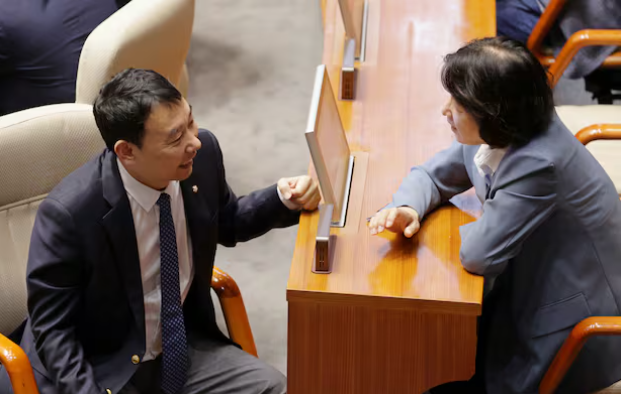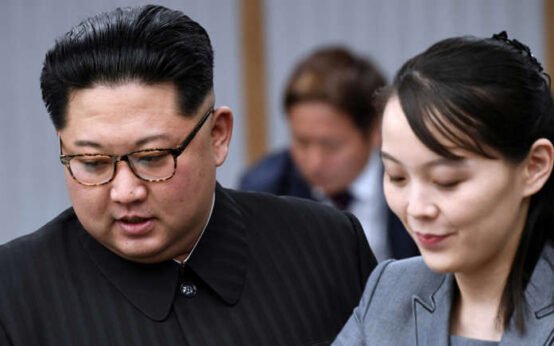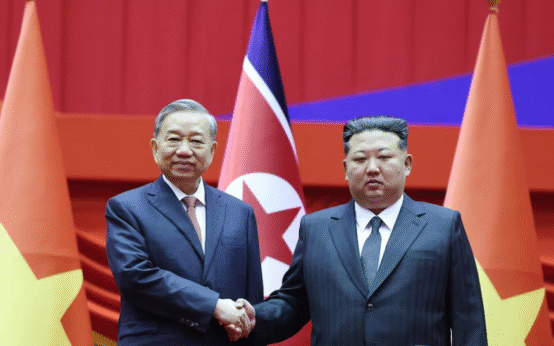Kim Yong-min is a prominent figure in South Korea’s political landscape, often associated with strong stances on institutional reforms and governance. His words matter not just for their content, but for what they signal about ongoing battles over power, oversight, and accountability in the country He recently drew attention by describing criticism over a parliamentary or judicial hearing as leisurely a term that suggests he views the complaints as slow, indulgent, or lacking urgency. This tone struck many observers as dismissive, especially given how heated recent controversies over public hearings have become.
Rising Tensions Around High-Profile Hearings
His comment didn’t happen in a vacuum. South Korea has seen increasing public scrutiny of high-level hearings whether in the legislature, judiciary, or oversight bodies especially when they involve scandals, allegations of abuse of power, or corruption.
It reveals a posture of confidence or defiance toward those who demand faster, more aggressive accountability Kim implicitly argues that the existing processes are sufficient and that calls for escalation or urgency are exaggerated simply by labeling the criticism as leisurely. It suggests he believes institutions courts, parliamentary panels, oversight agencies are capable of handling matters within existing procedures and timelines
How the Public and Political Opponents Take Situations Clearly
Supporters of Kim or aligned political groups may see his remark as strength: rejecting what they see as baseless attacks. But critics civil society groups, opposition parties, media watchdogs see it differently. Many argue that describing legitimate demands for accountability as leisurely trivializes the urgency of issues such as corruption, institutional failures, or abuse of power.

Some media commentators speculated that he aimed to shift the narrative redirecting attention from the criticized conduct to the critics’ tone.
Broader Implications for Governance and Oversight Culture
These dynamics reveal deeper tensions in South Korea’s governance culture: between procedural formality and responsiveness, between rule of law and demands for swift justice, and between centralized power and public pressure. When political actors dismiss criticism as leisurely, it raises questions about how responsive institutions truly are to citizens, and whether checks and balances are robust enough to keep power in check.
Moreover, such rhetoric may exhaust institutions: citizens may lose trust when officials repeatedly downplay or delay their concernsver time, dismissive framings risk alienating stakeholders who view hearings as perfunctory rather than meaningful.


 Could Kim Jong un’s sister, Kim Yo Jong, become the next leader of North Korea?
Could Kim Jong un’s sister, Kim Yo Jong, become the next leader of North Korea?  Kim Jong Un’s Rewards for Backing Russia in Ukraine War
Kim Jong Un’s Rewards for Backing Russia in Ukraine War  Kim Jong Un Hails 80 Years of North Korea’s Ruling Party
Kim Jong Un Hails 80 Years of North Korea’s Ruling Party  Kim Jong-un Hypersonic Missiles Threats Toward South Korea
Kim Jong-un Hypersonic Missiles Threats Toward South Korea  Kim Jong Un Expresses Gratitude to North Korea–China Ties
Kim Jong Un Expresses Gratitude to North Korea–China Ties  Kim Jong-un Open to Trump Meeting Without Denuclearization
Kim Jong-un Open to Trump Meeting Without Denuclearization